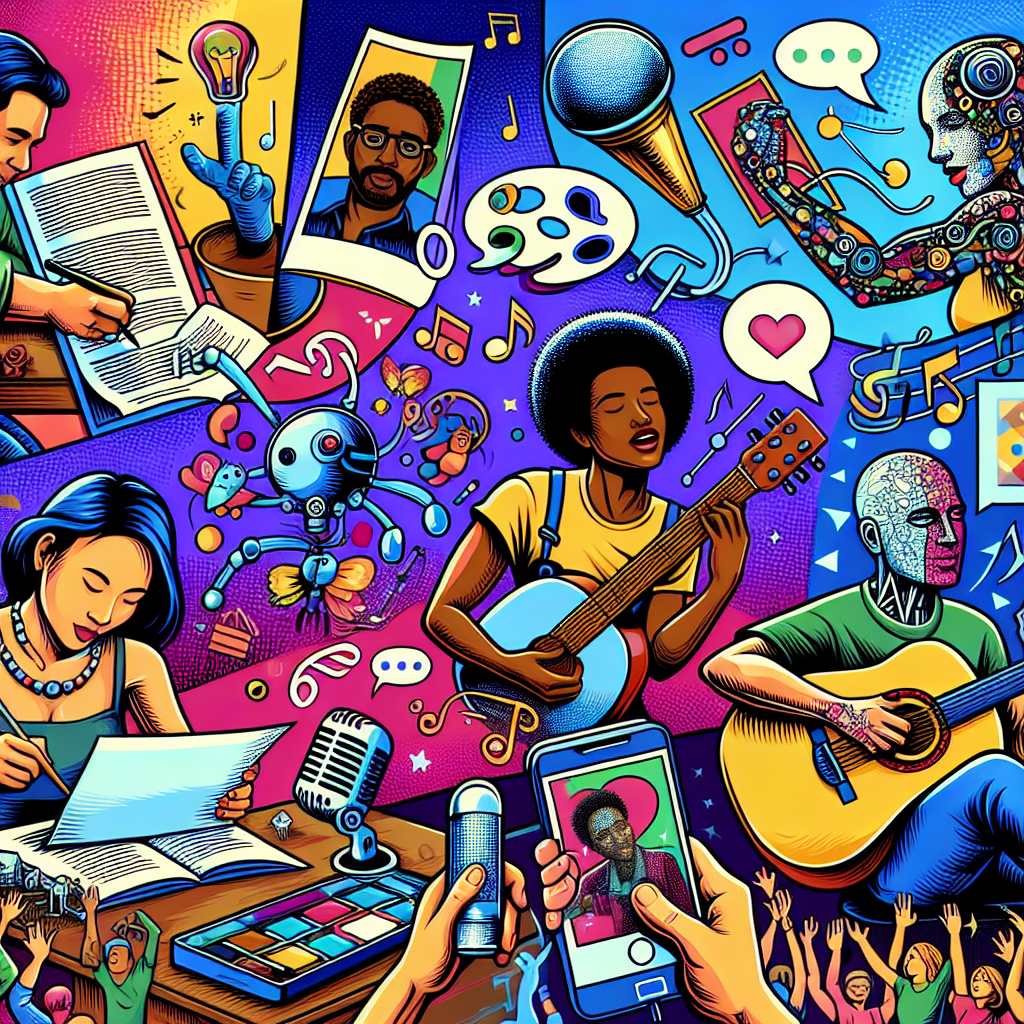AI-Generated Music Sparks Legal and Ethical Debate in the Music Industry

The rise of AI systems capable of generating music presents the music industry with a novel challenge. This development has sparked discussions around creativity, copyright, and the future of the industry. Artists, studios, and legal experts have taken an interest, raising important questions about striking the right balance between technology and human artistry.
A recent example illustrates the current capabilities of music AI: When prompted to create an “Americana song” in the style of Grammy-nominated singer Tift Merritt, the AI service Udio produced a track with lyrics about “driving old backroads” and “watching the fields and skies shift and sway.” Merritt, however, dismissed the output as lacking creativity and amounting to “theft.”
Merritt’s stance resonates with many artists, including Billie Eilish, Nicki Minaj, and Stevie Wonder, who signed an open letter warning that AI-generated music could “sabotage creativity” and marginalize human artists.
The issue extends beyond individual singers, with major record labels Sony Music, Universal Music Group, and Warner Music suing Udio and another AI music company, Suno. The Recording Industry Association of America (RIAA) CEO, Mitch Glazier, described the lawsuits as a response to “shameless copying of troves of recordings in order to flood the market with cheap imitations and drain away listens and income from real human artists and songwriters.”
In their defense, Suno and Udio have cited past fears about synthesizers and drum machines, arguing that their technology cannot exactly replicate top artists.
These cases raise novel legal questions, such as whether AI can use copyrighted material to produce original works and whether exceptions should be made for such cases. The concept of “fair use” in copyright law is likely to be a central point of debate, with AI companies arguing that their use of existing recordings constitutes fair use, while legal experts suggest that music-generating AIs may face challenges in proving fair use.
Ultimately, the outcomes of these cases could set precedents for the future of AI in creative industries, impacting artists, technology companies, and consumers. For artists like Tift Merritt, the concerns are valid: “Ingesting massive amounts of creative labor to imitate it is not creative. That’s stealing in order to be competition and replace us.”
The music industry finds itself at a crossroads, grappling with the ongoing debate and legal disputes. The key question is whether a resolution can be found that allows the development of AI music technology while protecting the rights and livelihoods of human artists.
Source: https://www.artificialintelligence-news.com/news/ai-music-sparks-new-copyright-battle-in-us-courts/
Details
23 Aug 2024
Category: AI, Music, Copyright
